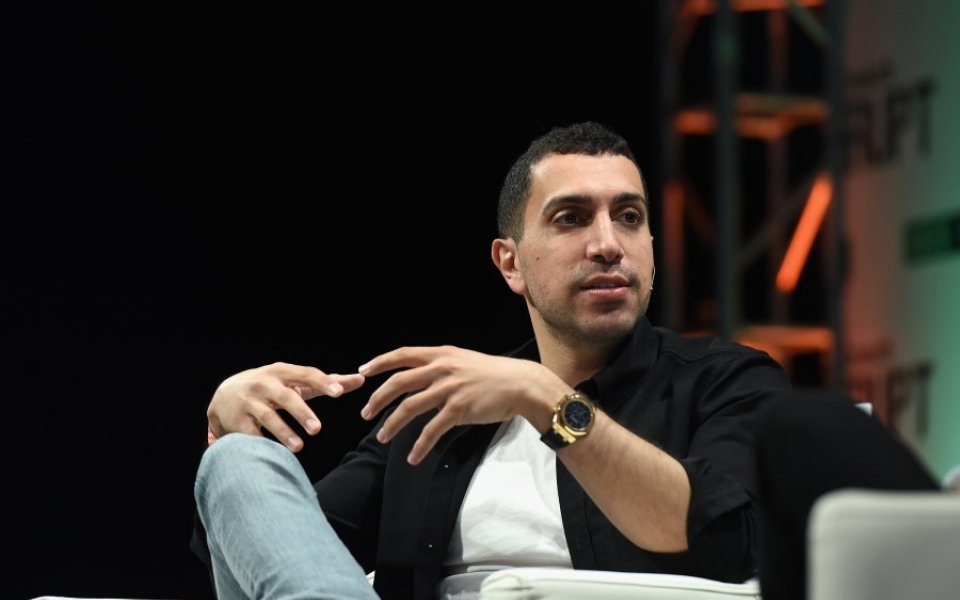Boards must be the voice of reason for young entrepreneurs like Tinder’s Sean Rad

An interview given this week by Sean Rad, the founder and chief executive of dating site Tinder, was eyebrow-raising for several reasons. First was the description of a woman “begging” him for sex and an admission that he conducted rather ominous-sounding “background research” on a female journalist who was critical of Tinder.
But more importantly, Rad made comments – published on the eve of the IPO of Tinder’s parent company, Match Group – that prompted Match to rush out a formal clarification. The firm’s statement quashed the article’s claims that Tinder has around 80m users and 1.8bn “swipes” a day.
“The company notes that they are inaccurate and directs readers to the Preliminary Prospectus, which states that for the month of September 2015, Tinder had approximately 9.6m daily active users, with Tinder users ‘swiping’ through an average of more than 1.4bn user profiles each day,” the filing stated.
Rad is not the first youthful tech executive to fall foul of SEC “quiet period” rules, which limit what information executives can release to the public in the run-up to an IPO. In October, Alphabet (nee Google) chairman Eric Schmidt admitted Google’s flotation was very nearly derailed when founders Larry Page and Sergey Brin gave an interview to Playboy, of all titles, which revealed that Google had 2,000 employees, not the 1,000 cited in its IPO prospectus.
Very often it’s exactly the things that made these young entrepreneurs successful – passion, guts and a certain disregard for the rules – which need to be toned down once the company goes public. In those cases, boards must be the voices of reason, responsible for preparing their charges for the scrutiny of public life.
Incidentally, Match’s initial public offering coincided with that of US electronic payments giant Square, run by Jack Dorsey – who is also chief executive of Twitter. Dorsey has gone from never having run a public company to presiding over two in a month and a half. At 38 years old, he’s hardly inexperienced – but some might suggest that, like Rad, he could prove to be a tad out of his depth.